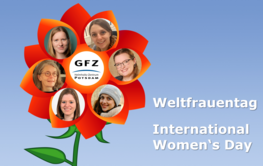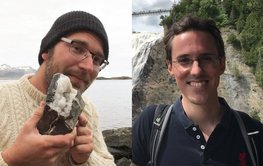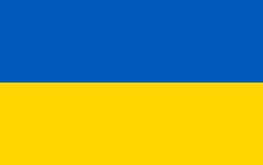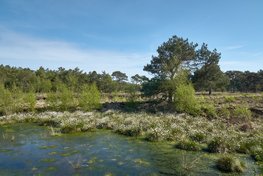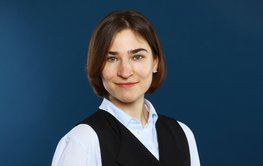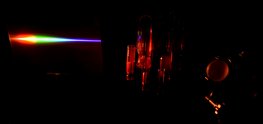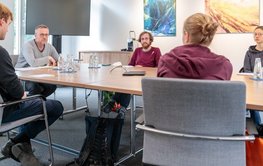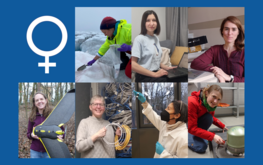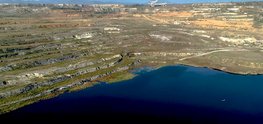The twin satellites commenced a unique data series: they map the Earth’s gravitational field and provide insights into the global water and ice regime.
Available as PDF: 2009 (PDF) | 2008 (PDF) | 2007 (PDF) | 2006 (PDF) | 2005 (PDF) | 2004 (PDF) | 2003 (PDF) | 2002 (PDF) | 2001 (PDF) | 2000 (PDF) | 1999 (PDF) | 1998 (PDF) | 1997 (PDF) | 1996 (PDF) | 1995 (PDF) | 1994 (PDF)
We asked a few of our female colleagues for their thoughts and wishes for International Women’s Day. They represent all the women who contribute to the success of our research in many ways.
Frank Zwaan and Benjamin Schwarz have received the grants of this year's GFZ Discovery Fund and will start their research work on 1.3.2022.
We condemn the war of aggression and the associated breach of international law on the part of the Russian and Belarusian governments. Statement of the GFZ Executive Board.
How does Germany become carbon neutral? Researchers of the Helmholtz Climate Initiative develop vision for 2050 – looking back from the future.
Humboldt Fellow Dr Tatiana Savranskaia is researching in Section 2.3 Geomagnetism the suitability of beryllium isotope data for reconstructing Earth's magnetic field fluctuations
Rock properties are hard to measure under extreme pressure. Scientists present a simple solution for a very challenging problem.
Interview │"I would like to see young people getting involved in the search process". Published in GFZ-Journal “System Earth: No nuclear waste repository without geoscience".
February 11 is International Day of Women and Girls in Science. Representing the women power at the GFZ, we present some of them. Discover them and how they do SCIENCE!
Mining regions in transition: Six international partners in the GFZ-coordinated EU project ATLANTIS are investigating the after-use potential of former mining regions for energy storage.



